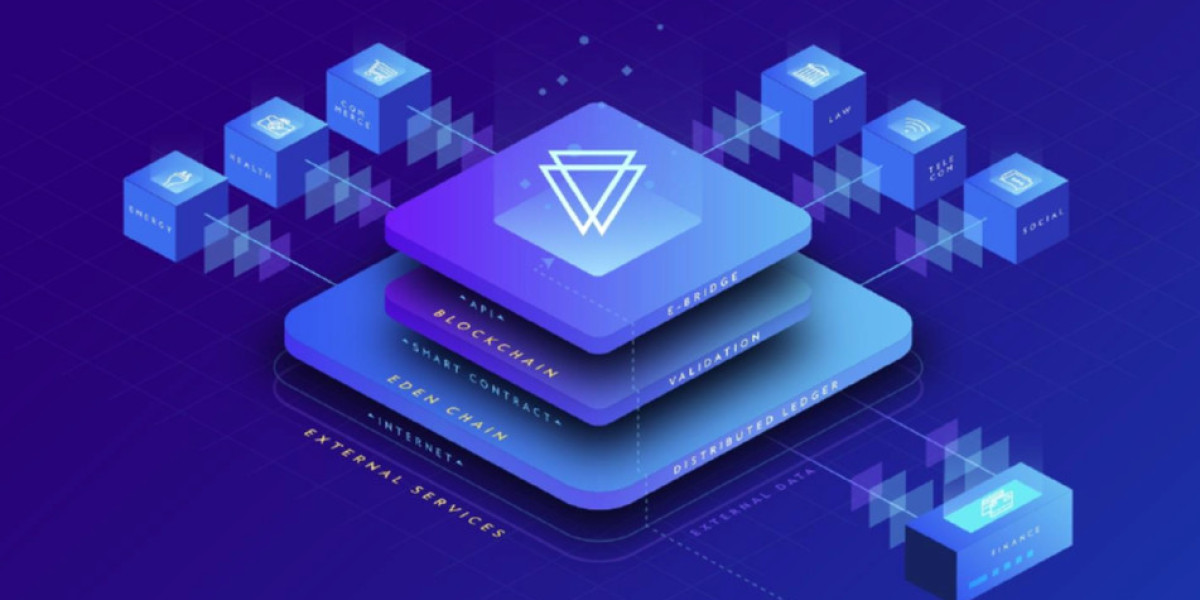Ranging from real estate and fine art to stocks and commodities, by fractionalizing them into tradable tokens.
At its core, crypto tokenization involves the issuance of digital tokens that represent ownership or rights to an underlying asset. These tokens are then recorded and managed on a blockchain, ensuring tokenization transparency, immutability, and security. By breaking down assets into smaller, more affordable units, tokenization democratizes access to investment opportunities that were once exclusive to institutional investors or high-net-worth individuals.
Real estate, for instance, has historically been an illiquid and cumbersome asset class to buy or sell. However, through tokenization, property owners can divide their holdings into tokens, allowing investors to buy and trade fractions of real estate assets with ease. This not only enhances liquidity but also broadens the investor base, as individuals can now participate in real estate markets with lower entry barriers.
Similarly, tokenization has the potential to revolutionize the art market by making ownership of fine art more accessible and transparent. Instead of owning an entire painting or sculpture, investors can purchase fractional ownership in the form of tokens, thereby diversifying their portfolios and mitigating risks associated with investing in a single artwork. Moreover, blockchain technology enables provenance tracking and authentication, reducing the prevalence of art fraud and forgery.
Furthermore, traditional financial instruments such as stocks, bonds, and commodities can also be tokenized, offering investors greater flexibility and efficiency in managing their portfolios. Tokenized stocks, for example, can be traded 24/7, eliminating the constraints of traditional stock exchanges and opening up new avenues for global investment.
The benefits of crypto tokenization extend beyond investment opportunities. For businesses, tokenization presents a means to raise capital through initial token offerings (ITOs) or security token offerings (STOs), bypassing traditional intermediaries like banks or venture capitalists. By issuing tokens that represent equity, revenue shares, or utility within their ecosystems, startups and enterprises can access a global pool of investors, streamline fundraising processes, and foster community engagement.
Moreover, tokenization enhances transparency and reduces friction in asset transfer and settlement processes. Smart contracts, programmed on blockchain platforms, automate the execution of agreements and transactions, eliminating the need for intermediaries and minimizing the risk of disputes or delays. This not only reduces operational costs but also accelerates the speed at which assets can be bought, sold, or transferred.
However, despite the promises of crypto tokenization, regulatory challenges and technological limitations remain significant hurdles to widespread adoption. Regulatory frameworks vary across jurisdictions, with authorities grappling to define the legal status of tokenized assets and ensure compliance with existing securities laws. Moreover, scalability and interoperability issues within blockchain networks may impede the seamless transfer and management of tokenized assets across different platforms.
In conclusion, crypto tokenization services represent a paradigm shift in the way we perceive and interact with assets. By leveraging blockchain technology, tokenization democratizes access to ownership and investment opportunities, enhances liquidity, and streamlines asset management processes. While challenges persist, the potential benefits of tokenization are vast, paving the way for a more inclusive and efficient financial ecosystem.








